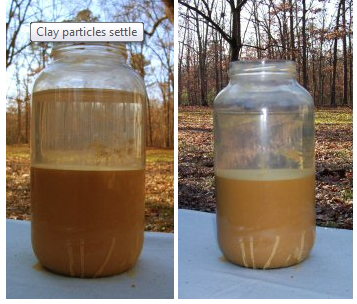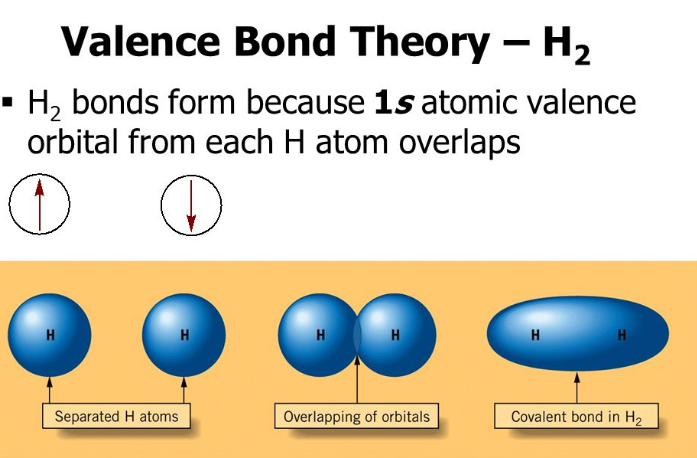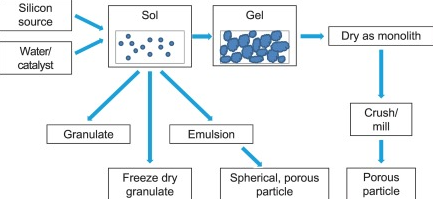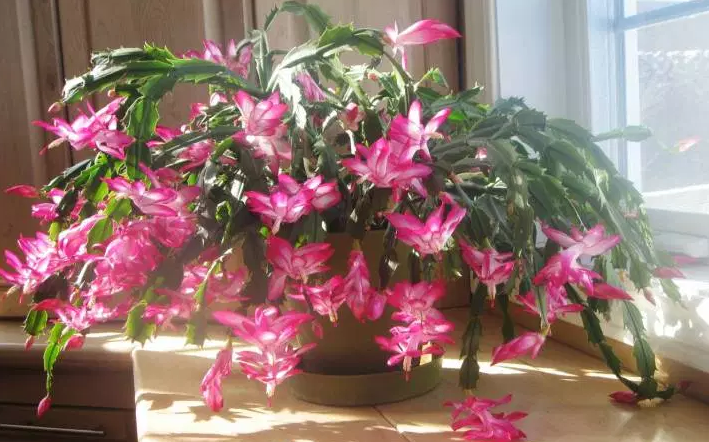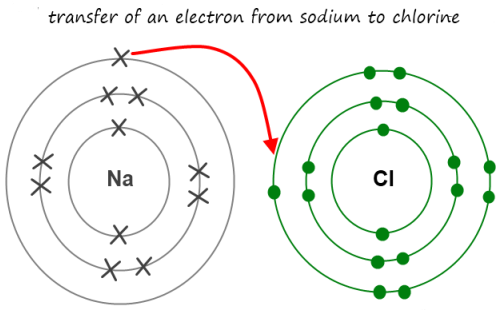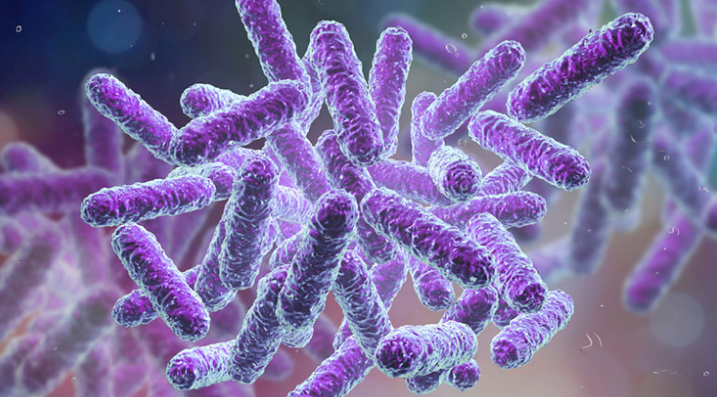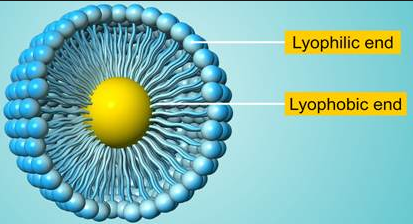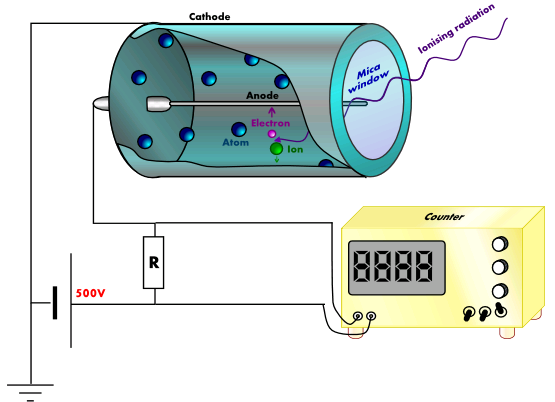12 Difference Between True Solution, Colloidal Solution And Suspension With Examples
True solution is a homogenous mixture of two or more substances in which substances dissolved (solute) in solvent has the particles size of less than 10-9 nm or 1 nm. Simple solution of sugar in water is an example of a true solution. The solute particles are invisible to the naked eye as well as … Read more
